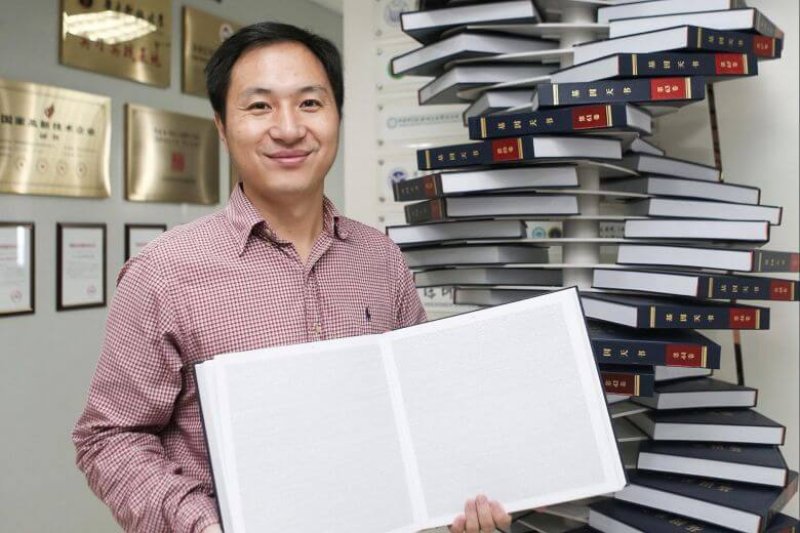[H]ow should we assess the ethics of new biomedical procedures when we know that society’s views may change? More specifically, what should we think of He Jiankui’s experiment with human babies?
First, look to see whether the procedure in question violates, at least fairly clearly, some rule in your ethical or moral code. If so, your choice may not be difficult. But if the procedure is unmentioned in your moral code, probably because it was inconceivable to the code’s creators, examine the consequences of the act.
…
And, then, if you conclude that it is not ethical from your perspective, you need to take yet another step and consider whether it should be banned for people who do not share your perspective.
…
[I]f, in ten or twenty years, genome editing of human embryos is shown to be safe (enough) and it is proposed to be used for good reasons – say, to relieve human suffering that could not be treated in other good ways – and with good consents from those directly involved as well as from the relevant society and government – my answer might well change. Yours may not.Read full, original post: How Can We Decide If a Biomedical Advance Is Ethical?































